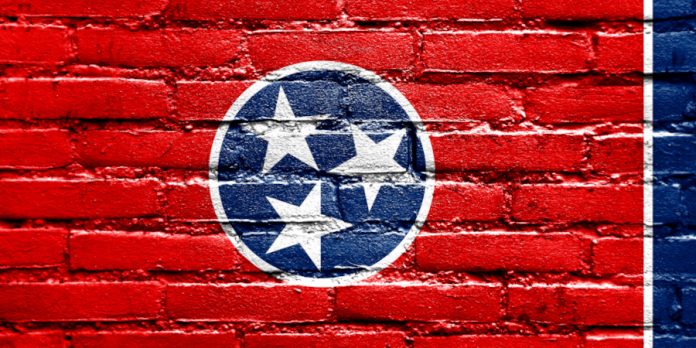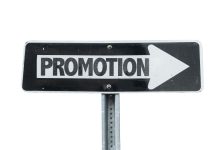Tennessee’s sportsbooks slipped to their lightest volume month since the first month of operation in November 2020, as bettors found a dearth of games to bet on in July even during a month with the NBA Finals and the opening week of the Olympics.
But the dip in wagers to less than $145m comes in what will likely be the lowest volume month of the year in the US, and will ultimately be short-lived as the football season grows closer, according to PlayTenn, which tracks the Tennessee gaming market.
Sportsbooks took in $144.6m in wagers in July, down 17.2% from $174.5m in June, according to official data released by the Tennessee Education Lottery and Sports Wagering Advisory Council. The pace of betting fell to $4.7m per day over the 31 days in July from $5.8m per day over the 30 days of June.
The dip in betting volume is in line with trends across the US. Every major market in the US that has reported July data so far has reported a significant month-over-month decline in wagering. And removing the pandemic-altered numbers produced in 2020, July was the lowest-volume month across the US in both 2018 and 2019 and appears likely to be the low again in 2021.
“Even with the NBA Finals and the Olympics this July, there wasn’t nearly as much to engage casual bettors as most any other month of the year,” said Jessica Welman, analyst for the PlayUSA.com network, which includes PlayTenn.com. “But sportsbooks should quickly erase any declines as those casual bettors return home from summer vacations in August and then begin to turn their attention to football.”
More positively for operators, revenue remained high relative to the month’s slumping volume, leading to $15.2m in gross gaming revenue, down a proportional 17.1% from $18.3m in June. This yielded $13.4m in taxable revenue, producing $2.6m in tax revenue.
“All in all, the summer has gone well for Tennessee’s sportsbooks,” said Nicole Russo, analyst for PlayTenn.com. “An increased win percentage for sportsbooks has helped make up for the loss of volume. In the slower months that’s exactly what operators are hoping to see.”
This is the second-consecutive month that the combined hold — the share of wagers that sportsbooks keep on events that are completed — has been relatively high.
The hold percentage has taken even more importance for operators after last week’s recommendation by the Rulemaking Committee of the Sports Wagering Advisory Council to increase the fine for operators who do not meet that threshold over the course of a year.
Currently, operators can’t be fined any more than $25,000 per year for failing to meet the 10% minimum hold. The committee wants to make assessments on a quarterly basis, holding operators liable for up to $100,000 in penalties each year for not meeting the 10% threshold.
Tennessee’s hold penalty is one-of-a-kind among US markets, and so far this year operators are not on track to meet the requirement.
“It will continue to be difficult for operators to meet that hold requirement, but with a heftier fine, sportsbooks will likely be more engaged in trying to meet the threshold,” Russo said. “It was a burdensome requirement already, and the change will make it even more so.”














